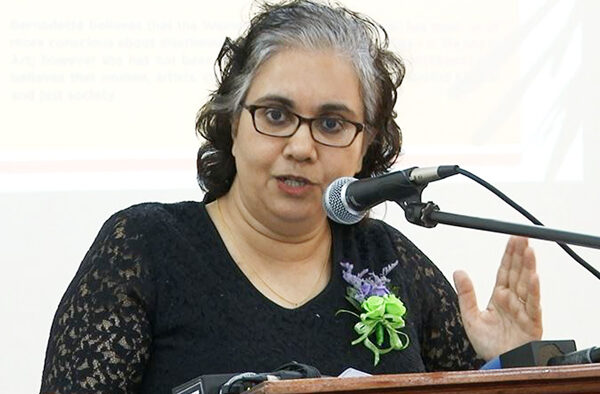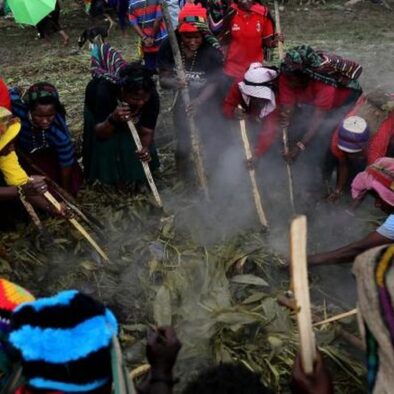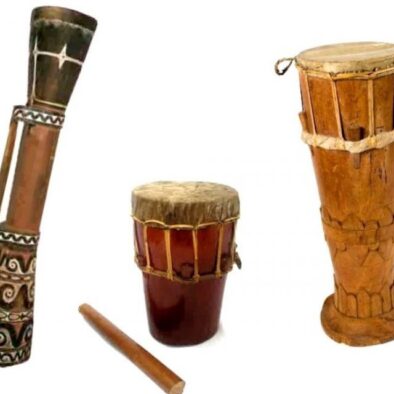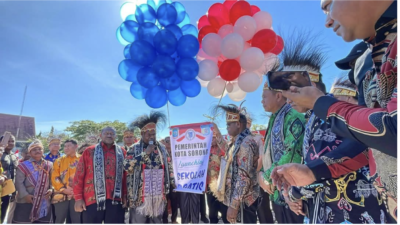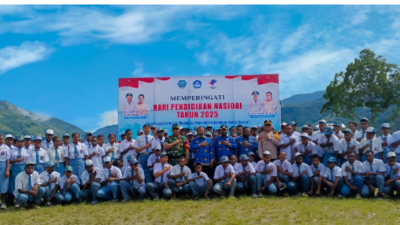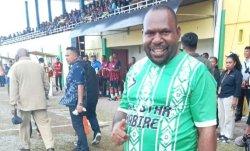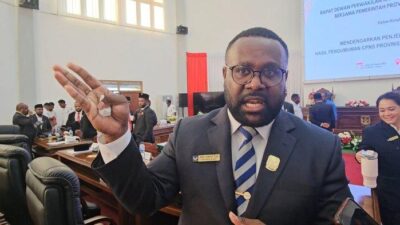Thelandofpapua.com – In 2010, international lawyer Melinda Janki wrote a journal questioning the legitimacy of the 1969 Act of Free Choice (Pepera) concerning Papua’s integration into Indonesia.
This article has recently resurfaced on social media, particularly through a Twitter account named @Sedangktf, which promotes Papua’s independence.
The account shared Janki’s statements in a meme format, alleging that the 1969 Act of Free Choice violated international law. It claimed the act was an illegal annexation that breached the UN Charter, suggesting that West Papua should be considered an ungoverned territory under occupation, not a part of Indonesia.
The Role of Victor Yeimo and KNPB
Further investigation revealed that Victor Yeimo translated and summarized Janki’s article for the West Papua National Committee (KNPB).
The narrative emphasized that Indonesia’s presence in West Papua is colonial, asserting that integration can only be legitimate if the West Papuan people choose it through self-determination, adhering to international law procedures. This narrative, once again, challenges Indonesia by focusing on the controversial 1969 Act of Free Choice.
Melinda Janki and Her Influence
Melinda Janki is affiliated with the International Parliamentarians for West Papua (IPWP) and International Lawyers for West Papua (ILWP). She hosted a seminar in London in 2011 alongside Benny Wenda and Jennifer Robinson, where some participants, sympathizing with the separatist cause, argued that the 1969 Act of Free Choice was invalid.
They believed it needed to be redone according to international standards, specifically through a one man, one vote system. This effort by pro-independence groups aims to pressure the Indonesian government to release Papua through various means, including propaganda.
One Man One Vote: Addressing the Claims
Steve Rick Elson Mara, a young Papuan leader and Chairman of the Melanesian Youth Diplomacy Forum, responded to the accusations by Melinda Janki, Victor Yeimo, and KNPB. Mara explained that the one man, one vote system was altered during the Act of Free Choice.
He pointed out that no democracy is perfect and cited examples of countries that have self-determined without a one man, one vote system, such as the United States, which uses an electoral college system. Mara questioned whether the hundreds of millions of Americans feel their civil and political rights are oppressed by being represented by only 538 electors.
International Law Perspectives
Mara referred to John Saltford’s book, “The United Nations and the Indonesian Takeover of West Papua, 1962 – 1969,” which argues that there is no right to secession in international law.
Saltford emphasized the need to prove that the Papuan minority is oppressed by the Indonesian majority. Mara questioned whether Papuans are treated differently or oppressed in their civil, political, economic, social, and cultural rights by the Indonesian government.
Critiquing Foreign Researchers
Mara encouraged young Papuans to critically evaluate the writings of foreign authors like John Saltford and Melinda Janki. He argued that these researchers often view Papuans as inferior, positioning them as objects rather than subjects.
Mara criticized the tendency of foreign researchers to act as if they hold the solutions to Papuan problems, often disregarding the actual needs and perspectives of Papuans.
Reflecting on Papua’s Position
Mara invited the younger generation to consider who currently holds power in Papua. He highlighted the progress made towards regional autonomy and the increasing presence of Indigenous Papuans in public offices. He questioned the notion that previous generations of Papuans were incapable of understanding their situation or thinking freely, as implied by Janki’s arguments.
Papua in the Context of International Law
Mara referenced the International Court of Justice’s (ICJ) principle of uti possidetis iuris, which states that newly independent countries should follow the borders of their former colonial rulers. Therefore, Papua’s history as part of Indonesia dates back to 1945, not 1969. The Act of Free Choice in 1969 reaffirmed Papua’s status within Indonesia.
Moving Forward
Steve Mara expressed optimism that one day Papuan leaders will hold the highest national positions in Indonesia. He called for a comprehensive understanding of significant events like the Act of Free Choice, built on knowledge and wisdom rather than confusion and incitement. Mara affirmed his identity as 100% Papuan and 100% Indonesian.
In conclusion, Mara criticized the actions of Victor Yeimo and KNPB, who use Janki’s article to propagate their agenda through social media. He emphasized that the Act of Free Choice is legitimate and that Papua is an integral part of Indonesia. There is no further need for dispute.

